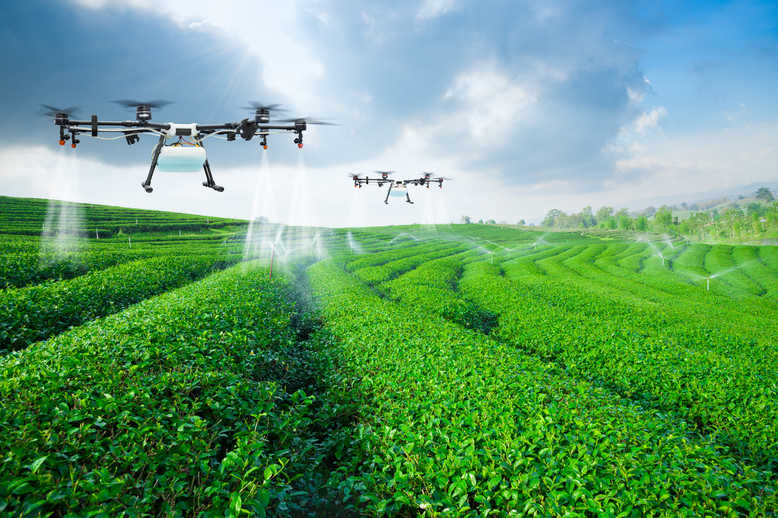The Emirates Food Security Council has approved the creation of a new system to tackle the potentially negative impacts of a warming planet on the country’s food systems.
The Climate Change Impact System is a tool being developed over the next coming months with the aim of supporting food security in the UAE in the context of rising global temperatures.
The system aims to formulate an algarithm predicting future climate related changes which will benefit investors, farmers and government bodies.
It also plans to deliver enhanced feasibility studies of potential agro-projects in the UAE and improved visibility on key resource requirements including water, energy and expertise, state news agency WAM reported.
The Climate Change Impact System forms part of the UAE’s commitment to supporting the vision and objectives of the Leaders’ Summit on Climate, which took take place on April 22-23, with the UAE one of 40 countries invited to participate by US President Joe Biden.
Dr Sultan Ahmed Al Jaber (pictured below), Minister of Industry and Advanced Technology and the UAE Special Envoy for Climate Change, said: “The Climate Change Impact System is an important contribution to the UAE’s capacity for strengthening food security and will create an ecosystem for innovation and smart investment.

“The initiative is also a great example of embracing climate action to enhance economic growth by generating new skills and job opportunities. The agricultural and food sector is one of the most promising engines to deliver benefits for the UAE and the broader regional and global economy.”
Mariam Almheiri, Minister of State for Food and Water Security and chairwoman of the Emirates Food Security Council, said: “Climate change is the most pressing issue facing the global community and urgent action is needed to tackle it before we reach the stage of no return. Food systems are integral to how we address climate change as they are not only one of its largest contributors, they are also the sector most heavily impacted by it. In short, food systems are both the current problem and the future solution to climate change.”
She added: “By creating sustainable food systems that increase yield while minimising the use of both resources and non-renewable energy, we can reduce the contribution of the agricultural sector to climate change, which will – in turn – lead to healthier food systems and a healthier planet. This is a positive feedback loop that we need to start creating now and the Climate Change Impact System aims to be an important part of the process.”
Underpinning the Climate Change Impact System is the importance of understanding the potential impacts of climate change on food production in the UAE and in partner countries that supply significant quantities of its food.
It is being predicated as global temperatures rise by 0.33 degrees Celsius per decade since 1971 and are projected to increase between 2C and 5C by the end of the century.
Playing a major role in the initiative will be the UAE-based International Centre for Biosaline Agriculture (ICBA), a not-for-profit agricultural research centre that has a focus on creating crops that can thrive in marginal environments.
Since 2010, the ICBA has worked on adapting models to local conditions in the UAE, Morocco, Tunisia, Jordan and Lebanon, giving it unrivalled experience in creating agricultural models for demanding environments.







